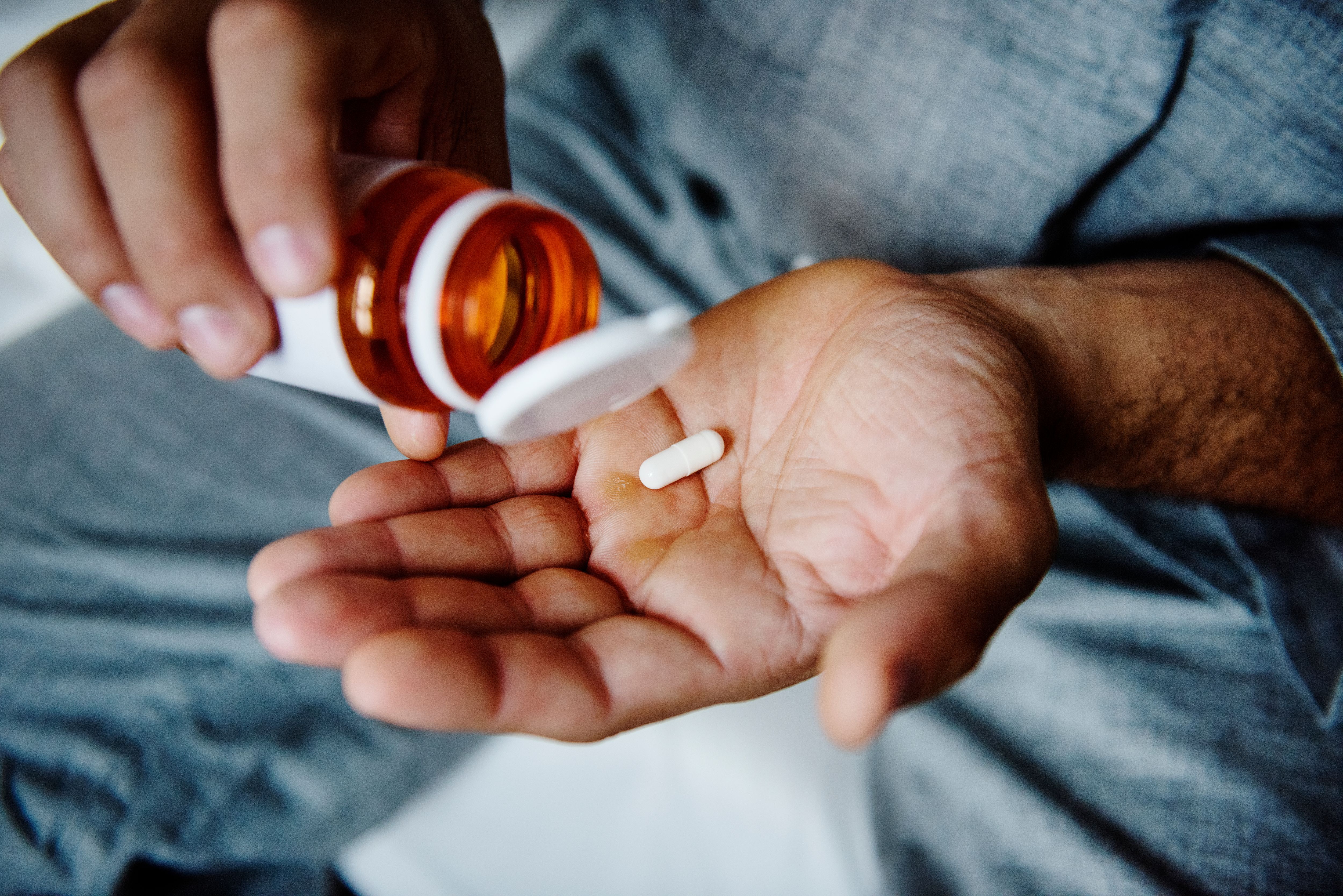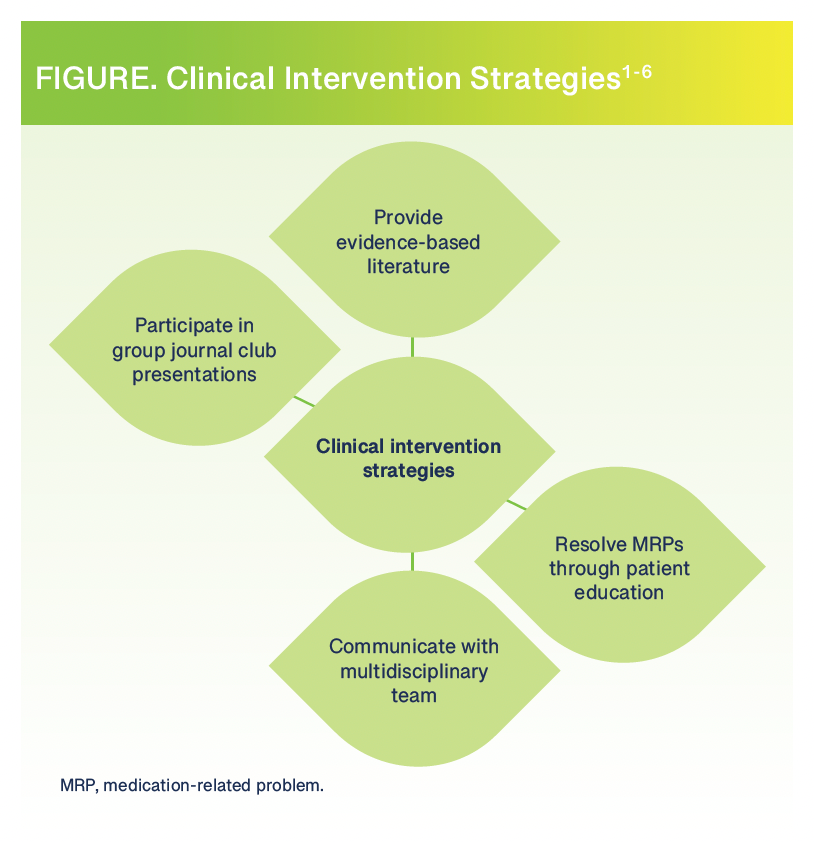About the Author
Jennifer Gershman, PharmD, CPh, PACS, is a drug information pharmacist and Pharmacy Times contributor who resides in South Florida.
Providing evidence-based literature and resolving medication-related problems are strategies for improving acceptance of clinical recommendations
Clinical interventions are a key component of medication therapy management (MTM). During comprehensive medication reviews (CMRs), pharmacists may discover medication-related problems (MRPs) that should be addressed as part of a multidisciplinary team.1 These include polypharmacy, drug interactions, adverse drug reactions, and nonadherence. As drug information experts, pharmacists can make a positive impact by providing clinical interventions to resolve any drug therapy issues (Figure1-6).
Image credit: Rawpixel.com | stock.adobe.com

MTM AND CLINICAL INTERVENTIONS
Jennifer Gershman, PharmD, CPh, PACS, is a drug information pharmacist and Pharmacy Times contributor who resides in South Florida.
Enhanced MTM is one method for increasing the acceptance of clinical interventions. The Centers for Medicare & Medicaid Services launched a pilot program in January 2017 known as enhanced MTM, intended to reduce inappropriate medication use and adverse drug events and to improve the continuum of patient care.2 Enhanced MTM programs have greater flexibility when it comes to eligibility criteria and services than traditional programs.

One study examined data regarding MRPs and interventions through enhanced MTM services at an independent pharmacy in Iowa City, Iowa, that fills approximately 1100 prescriptions per week.3 Pharmacists identified 775 MRPs, which included 1214 interventions over 1 year.3 The most common MRP was medication nonadherence. The following were other top MRPs identified by pharmacists3:
Pharmacists can create a medication-related action plan (MAP) to help resolve issues such as nonadherence.1 For instance, pharmacists can recommend setting an alarm or a phone alert to remember medications and the MAP can include these written recommendations for patients. Pharmacists can then follow up to see whether medication adherence improved with the reminders.
Physician collaboration with pharmacists is a unique partnership that can enhance patient care and increase clinical intervention acceptance rates.4 The scope of pharmacist services can be defined through a collaborative practice agreement, including pharmacist prescribing and ordering laboratory tests.4 Pharmacists can also identify patients taking high-risk medications through electronic health records. Through a team effort, pharmacists can play a vital role as part of the multidisciplinary team through the following: drug monitoring, chronic care management, pharmacotherapy recommendations, deprescribing, and population health.4
One study evaluated implementing pharmacist recommendations through a new employee health plan-based population health initiative in patients with type 2 diabetes.5 The primary end point of the retrospective study was the proportion of pharmacist recommendations implemented. The study revealed that 55.7% of pharmacist recommendations were implemented, with the most common being drug therapy addition.5 The most common barrier to the new pharmacist initiative was lack of provider communication and awareness.5
A prospective study evaluated treatment effectiveness based on clinical pharmacist recommendation acceptance rates in a diabetic foot clinic.6 A total of 86 patients were included in the study over a 9-month period, and the clinical pharmacist reviewed each patient’s medications and identified any MRPs. Recommendations were discussed with the health care team, which included physicians, medical residents, and nursing staff.6 There were 286 MRPs identified in the study, with the most common being an untreated indication (25.5%).6 Missing information (17.8%) and specialist consultation (14.3%) were other top MRPs.6 The efficacy-related MRP acceptance rate increased from 37.8% during the first 4 months of the study to 79.4% after approximately 5 months.6 Additionally, the safety-related MRP recommendation acceptance rate increased from 56% to 67.6%.6 This study highlights the importance of integrating clinical pharmacists into the health care team.
